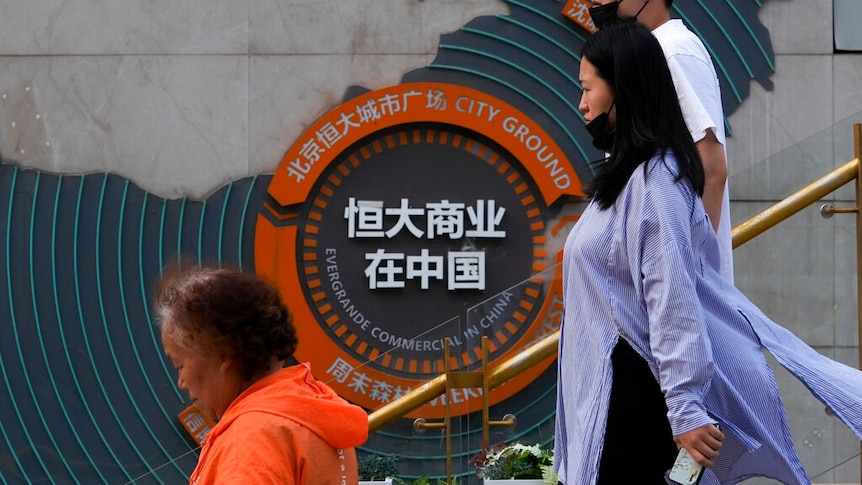- cross-posted to:
- news@beehaw.org
- cross-posted to:
- news@beehaw.org
A Hong Kong court has ordered one of China’s biggest property developers, Evergrande Group, to liquidate after it was unable to reach a restructuring deal with creditors over hundreds of billions of dollars it owes.
Key points:
- Evergrande has been ordered to liquidate after failing to come up with a restructuring deal with creditors over US$300 billion in debts owed
- The liquidator will now attempt to take control of Evergrande assets outside China, but there are fears that could pave the way for other lawsuits
- It could take years for the offshore liquidator to take control of subsidiaries across mainland China



And my point is that effects are often deflationary. IE: The great depression dropped the price of goods.
That means when one country has an isolated recession or isolated depression, its something the rest of the world could easily benefit from. Its not all bad. The full effects are extremely unpredictable, and assuming worst-case scenario over-and-over is counterproductive.
Deflation is bad for people too.
While you’ve argued your way into one partial example of a benefitial effect, you completely lack even remote capacity to properly explain the overall effect of a supposed real estate crisis in China. Spoiler alert: nobody has this capacity. Even the whole Hayward’s econ department with all the computers you could give them.
Yet, there’s an overwhelming historical evidence: big recessions in key world economies lead to recessions in linked countries. So, I’d say, buckle up.
Japan in the 90s as a counterpoint vs US economy.